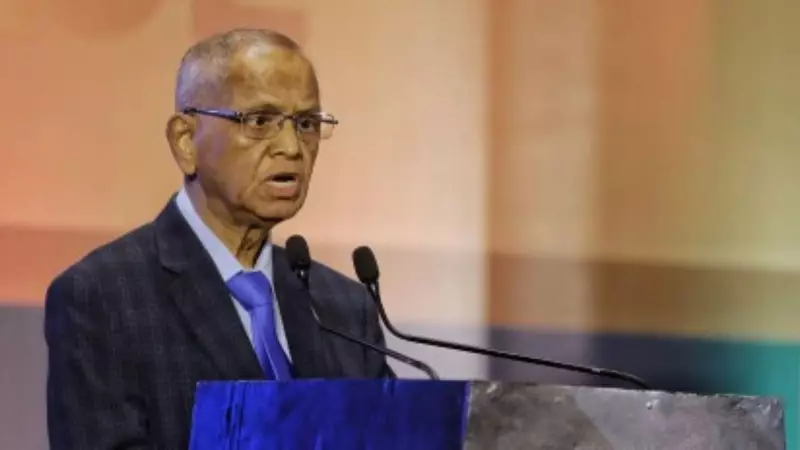
Bengaluru, the tech capital of India, is witnessing an unexpected rebellion against Karnataka government's comprehensive caste census, with widespread non-participation threatening to undermine the entire exercise.
The Elite Resistance
Affluent communities and technology professionals across Bengaluru's upscale neighborhoods are openly boycotting the survey, raising serious concerns about the data's eventual accuracy and representativeness. The resistance appears particularly strong in gated communities and tech parks where residents question the survey's methodology and purpose.
Narayana Murthy's Notable Silence
Infosys founder Narayana Murthy's apparent indifference has become symbolic of the broader challenge. When survey enumerators approached his residence, they faced unexpected hurdles in collecting information, highlighting how even prominent figures are maintaining distance from the controversial exercise.
Implementation Woes Multiply
The survey, designed to map the socioeconomic status of all communities across Karnataka, is encountering multiple operational challenges:
- Low response rates in urban centers, particularly Bengaluru
- Lack of awareness about the survey's objectives
- Privacy concerns among educated elites
- Technical glitches in data collection methods
- Resistance from communities fearing policy implications
Government's Uphill Battle
State authorities are scrambling to salvage the situation, with officials acknowledging the Bengaluru setback could significantly impact the survey's overall credibility. The government now faces the dual challenge of convincing skeptical urban populations while maintaining the survey schedule across the state.
Broader Implications
The Bengaluru resistance underscores deeper issues in implementing large-scale social surveys in urban India, where awareness and skepticism often work against government initiatives. The outcome here could set precedents for similar exercises planned in other states.
As the deadline approaches, the Karnataka government must find innovative ways to engage with reluctant communities or risk having incomplete data that could misguide future policy decisions affecting millions of citizens.






